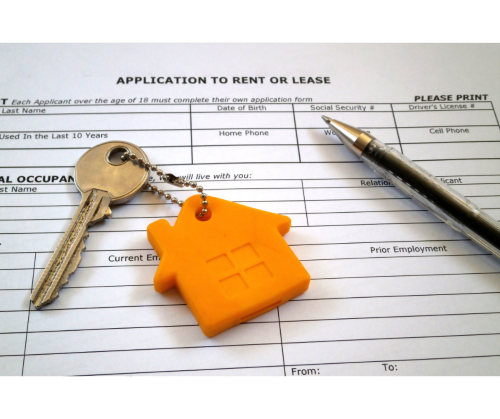 Numerous condominiums and homeowner associations have Governing Documents, or rules and regulations that regulate leasing, including restriction to whom owners may rent. Many associations base their decisions on the results of a criminal background check or on a potential renter’s disclosure of criminal history on a rental application. If an association considers criminal backgrounds in determining whether to approve a lease, then the association needs to ensure it complies with the Fair Housing Act (FHA).
Numerous condominiums and homeowner associations have Governing Documents, or rules and regulations that regulate leasing, including restriction to whom owners may rent. Many associations base their decisions on the results of a criminal background check or on a potential renter’s disclosure of criminal history on a rental application. If an association considers criminal backgrounds in determining whether to approve a lease, then the association needs to ensure it complies with the Fair Housing Act (FHA).
Pursuant to 42 U.S.C. § 3604, the FHA prohibits the refusal to lease a residence to any person because of race, color, religion, sex, handicap, familial status, or national origin. In 2016, the U.S. Department of Housing and Urban Development (HUD) published guidance on the use of criminal records, noting that:
African Americans and Hispanics are arrested, convicted, and incarcerated at rates disproportionate to their share of the general population. Consequently, criminal records-based barriers to housing are likely to have a disproportionate impact on minority home seekers.[1]
As such, HUD discourages against blanket policies that would prohibit leasing to any individual with any criminal record. Should an association’s policy come under challenge, a court will test whether the policy is necessary to serve a substantial, legitimate, nondiscriminatory interest. To meet this standard, associations should take a holistic and individualistic approach and craft an objective policy that considers, among other things, the date of the conviction, the underlying conduct, the nature and severity of the offense, and what the convicted person has done since then. For instance, an association may seek to prohibit tenants who were convicted of certain violent felony offenses or released from incarceration on the offense within the past six or seven years.
Visit our website to learn more and to read this alert in full.
